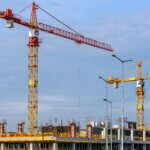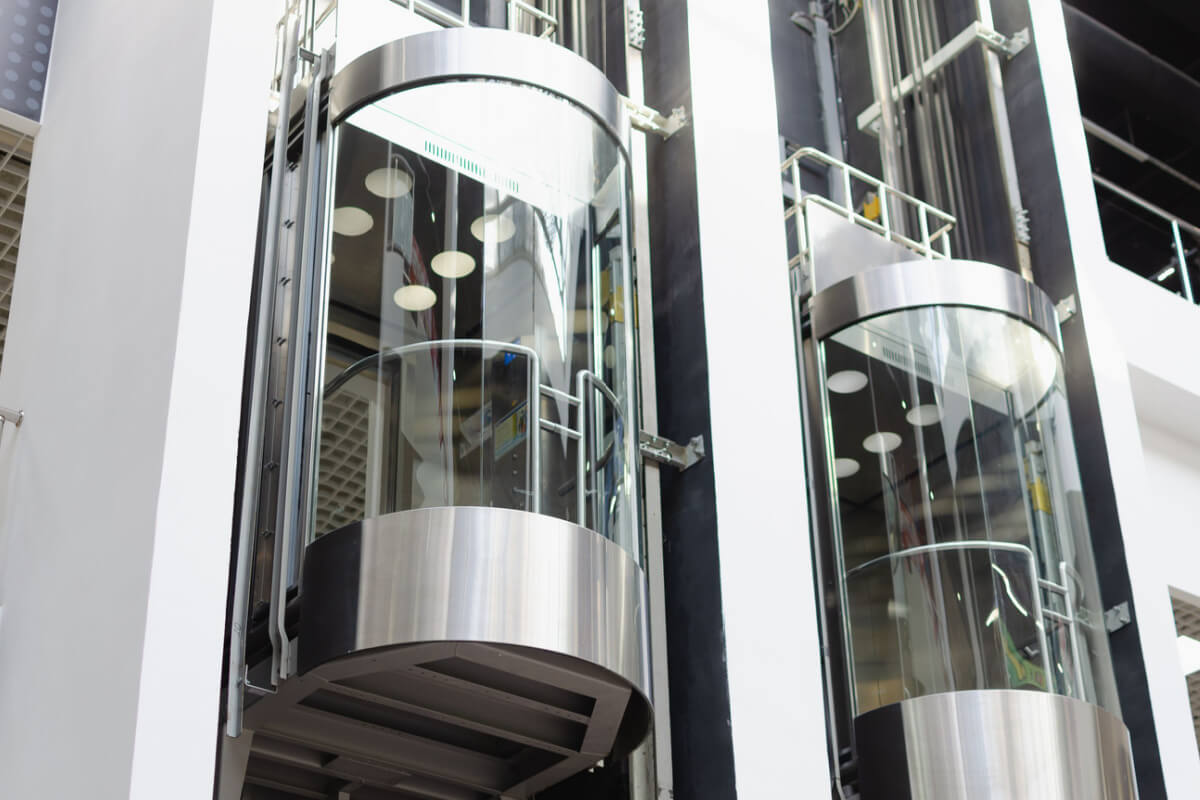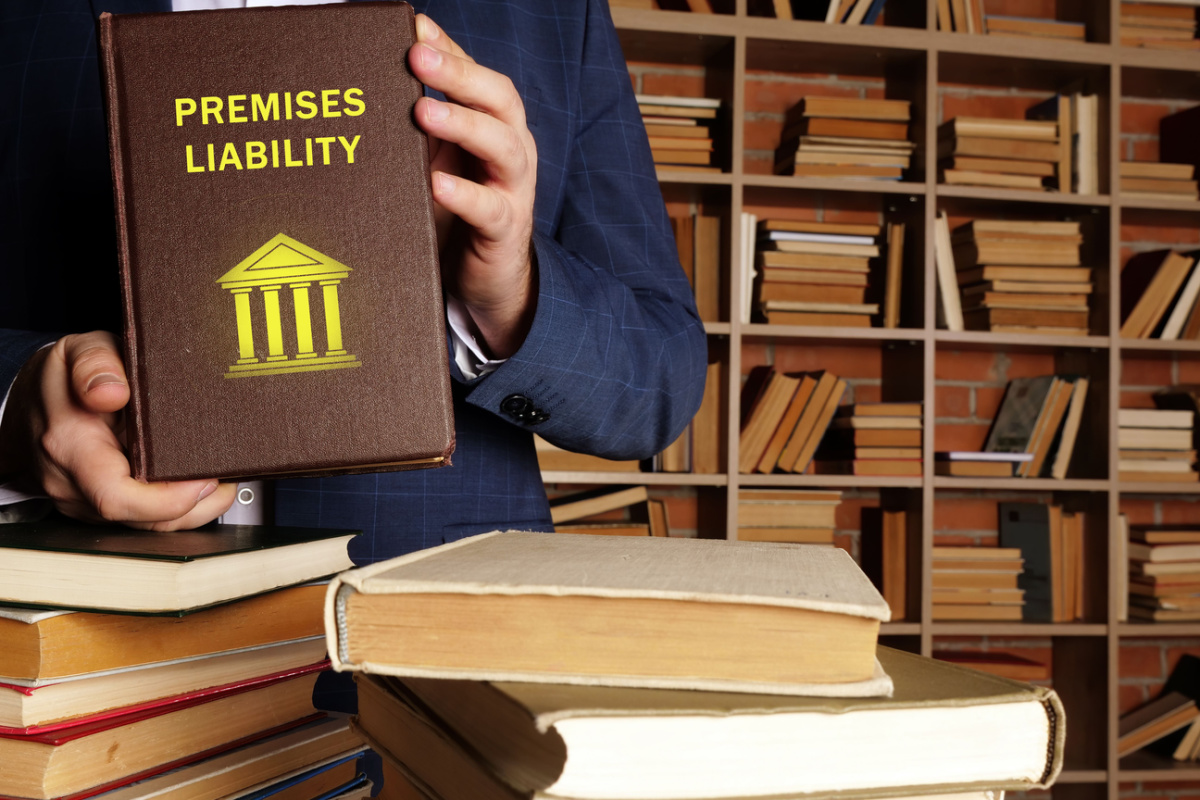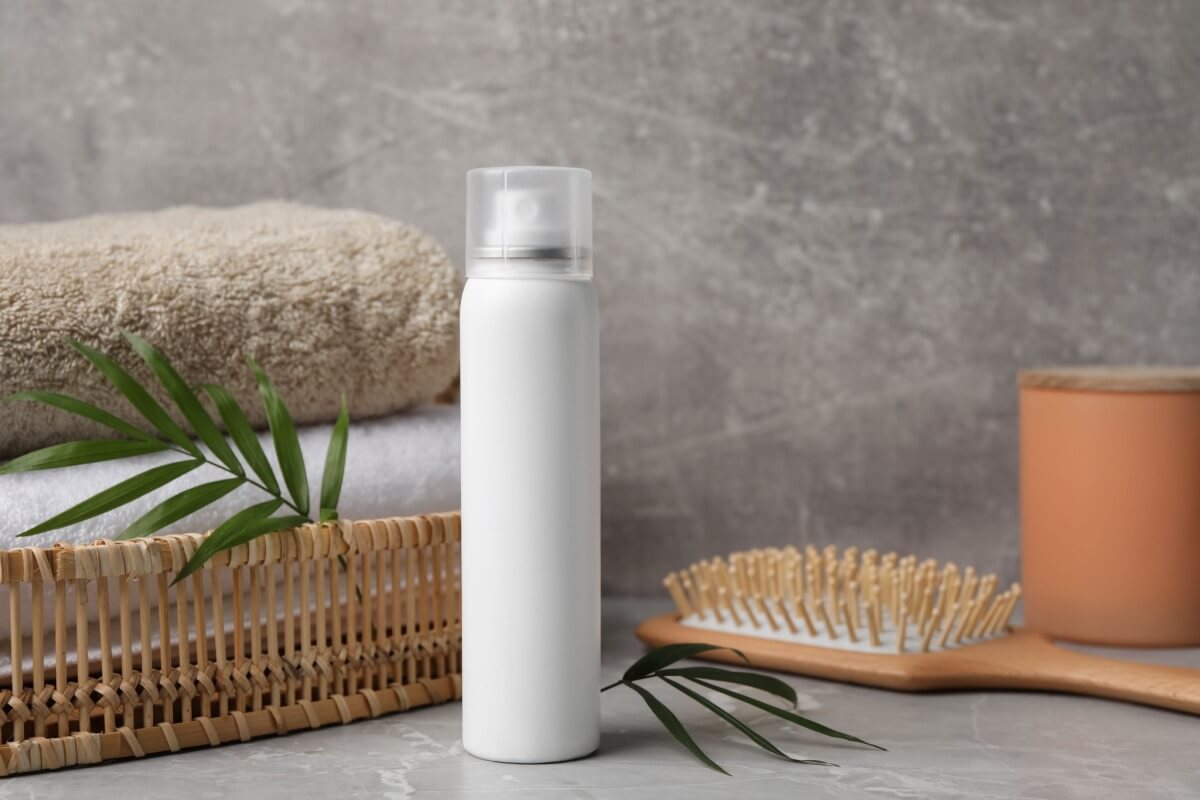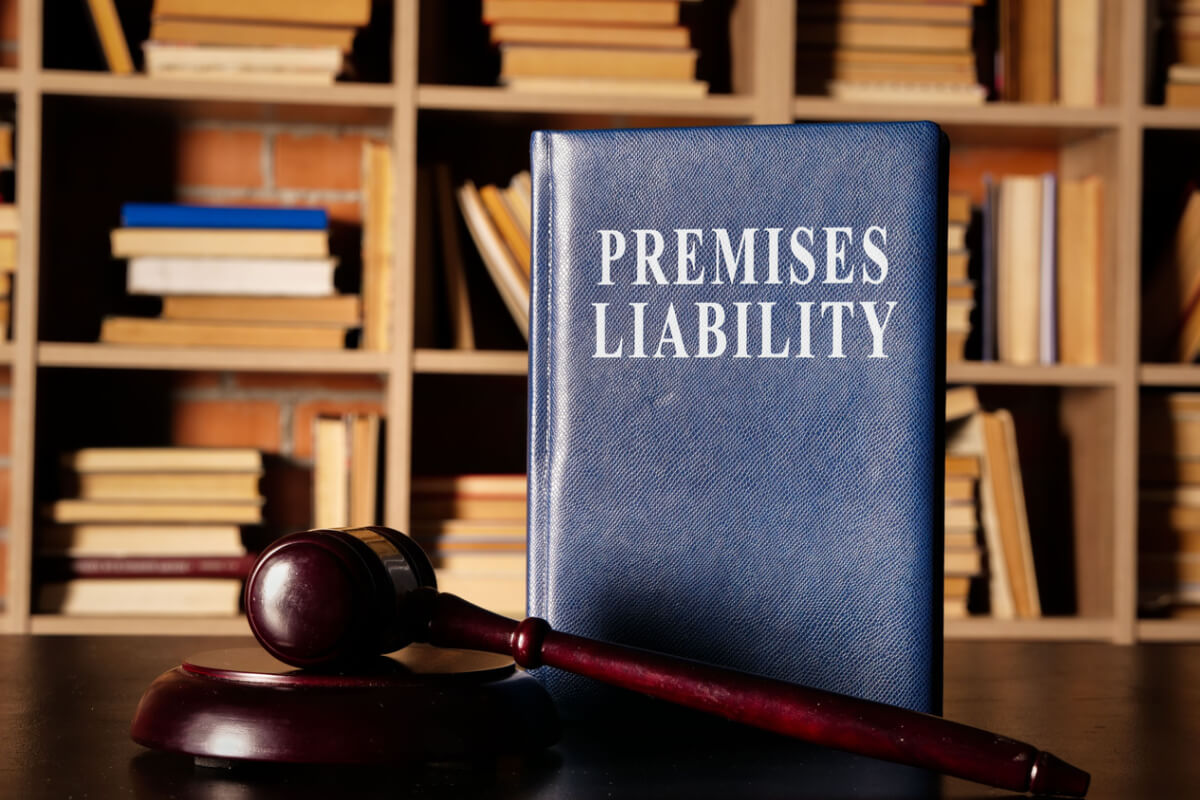
Negligent security and premises liability are two key concepts in personal injury law. Negligent security refers to a situation where a property owner doesn’t provide adequate safety measures, leading to harm or injury to others. This could involve insufficient lighting, lack of security personnel, or poor maintenance. On the other hand, premises liability addresses injuries caused by unsafe or defective conditions on someone’s property. In essence, property owners in Louisiana have an obligation to maintain a safe environment. If they fail to do so and someone gets injured as a result, they could be held legally responsible. Understanding these basics is the first step towards protecting one’s rights.
Establishing a Case: The Four Essential Elements
Establishing a case for negligent security or premises liability in Louisiana involves four key parts. First, it must be proven the property owner had a ‘duty of care’ to maintain a safe environment. Second, there must be evidence of a ‘breach of duty,’ showing the owner didn’t uphold this responsibility. Third, ‘causation’ needs to be established, meaning the owner’s failure directly resulted in an injury. Finally, ‘damages’ must be present, indicating the victim suffered a loss or harm, which can be physical, financial, or emotional. Understanding these four elements forms the foundation of a personal injury case.
Common Examples of Negligent Security in Louisiana
- Insufficient Lighting: A parking garage or an apartment complex might not have adequate lighting, making it difficult for visitors to see clearly. This can increase the risk of accidents and make it easier for criminals to commit crimes unnoticed.
- Lack of Security Personnel: In some situations, places that should have security personnel, such as malls, nightclubs, or hotels, might not have enough security staff. This could increase the risk of criminal activities like assault, robbery, or other violent crimes.
- Broken or Insufficient Security Equipment: In some instances, security cameras or alarm systems may be nonfunctional, poorly placed, or not sufficient to cover the entire premises. This lack of effective surveillance can also lead to an increased risk of crime.
- Poorly Maintained Entry Points: Broken locks on doors, windows, or gates could allow easy access for unauthorized individuals. This is particularly common in apartment complexes or business establishments.
- Inadequate Fencing or Barriers: In some cases, a lack of proper fencing or barriers can allow intruders to easily access the property. This is particularly relevant in private properties or construction sites where the risk of injury or crime can be high.
- Lack of Signage: Proper signage can help deter crime and alert individuals to potential hazards. For instance, if a property is under surveillance, signage indicating this can act as a deterrent to criminals.
In all these cases, if the owner of the property was aware, or should have been aware, of the security lapse and did not take reasonable steps to rectify it, they could potentially be held liable for damages if an injury or crime occurs as a result.
Landowner Obligations: Understanding Duty of Care
In Louisiana, landowners have a clear ‘duty of care’ towards those on their property. This duty of care means they must take reasonable measures to ensure their premises are safe from potential hazards. These responsibilities can range from providing adequate lighting in dark areas to maintaining secure entry points and installing functional security systems. This duty extends not only to tenants but also to guests and, in some cases, even trespassers. If a landowner fails to uphold this duty of care and someone suffers harm as a result, the landowner could be held legally responsible for the harm inflicted. Understanding this duty is a fundamental part of premises liability.
Proving a Breach of Duty: When Security Measures Fall Short
When security measures don’t meet the required standards, a breach of duty can occur. A breach means the property owner has failed to uphold their duty of care. For instance, if a parking garage has poor lighting, and someone gets injured because of this, it can be argued the property owner breached their duty of care. Similarly, if a hotel fails to repair broken locks on its doors and a break-in occurs, this could also be seen as a breach. Evidence of such failures is critical in demonstrating the property owner did not meet their obligations. Remember, demonstrating a breach of duty is a significant step in a negligent security or premises liability case.
Causation and Damage: The Crux of Your Personal Injury Case
Causation and damages are two fundamental elements in a personal injury case. ‘Causation’ means showing a direct link between the property owner’s failure and the harm that occurred. For instance, if a tenant slips on an icy walkway and should have been saluted by the landlord, the tenant must show the fall—and not another incident—caused their injury. Similarly, ‘damages’ refer to the losses suffered by the victim. These can include medical bills, lost wages, and emotional distress. If a person can prove both causation and damages in their case, they are a step closer to holding the property owner responsible for their negligence.
Understanding Compensation: Potential Recoveries
When a person is injured due to negligent security or premises liability, compensation can cover a variety of losses. Medical expenses, both past and future, can be part of the claim. Lost earnings, if the injury caused time off work, are another common type of compensation. Pain and suffering, which covers physical discomfort and emotional distress, might also be considered. The goal is to ‘make whole’ the individual who suffered harm, as much as possible, by accounting for all types of damages.
Moving Forward: Protecting Your Rights in Louisiana
Moving forward after a negligent security or premises liability incident requires vigilance and understanding. Knowing one’s rights and responsibilities is key. Remember, in Louisiana, property owners have a duty of care towards those on their property. If they fail in this duty and an injury occurs, the injured party has a right to seek compensation. To protect these rights, it’s important to document everything related to the incident – this includes photographs of the scene, medical reports, and any communication with the property owner. Also, keep track of all expenses related to the injury. These steps can help ensure one’s rights are protected in the aftermath of such an incident.
For those who are unfamiliar with the intricacies of premises liability, it’s essential to delve deeper into understanding its various aspects. For instance, accidents involving elevators and escalators fall under premises liability. Similarly, understanding the nuances of liability for injuries on Louisiana property can provide clarity on the rights and responsibilities of both property owners and visitors. It’s also beneficial to stay updated with the latest articles and cases in the premises liability category.
Moreover, while premises liability is a significant area of concern, it’s worth noting that the firm also handles cases related to truck accidents and has been actively involved in the Hard Rock collapse damages lawsuits. Being informed about these areas can empower individuals to make informed decisions when seeking legal assistance.
If you need to protect your rights, contact Alvendia Kelly & Demarest today at 504-200-0000 to schedule a free consultation.
Categories
- Bicycle Accidents
- Car Accident
- Case results
- Class Action
- Community Aid
- COVID-19
- Fun
- General
- Hard Rock Lawsuits
- Holiday
- Insurance Claims
- Legal Advice
- Mardi Gras Accident Attorney
- Mass Tort
- Medical
- Motorcycle Accident
- Personal Injury
- Practices
- Premise Liability
- Recent News
- Safety
- Truck Accidents
- Uncategorized
- Weather
- Work-Related Accident

In 2003, after being dissatisfied with the quality of legal care for victims of car accidents, Roderick ‘Rico’ Alvendia sought to establish a new firm focused on providing high-quality legal services to aid injured victims and their families. J. Bart Kelly, sharing Rico’s passion for upholding justice, joined the firm later that year, and established a partnership.

